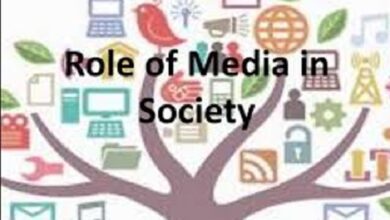Difference Between Antigen and Antibody and Similarities
Antigen and Antibody
In this article we will let you know about the difference Between Antigen and Antibody and theri similarities as well. so keep reading please.
what does antigen mean
An antigen is a chemical substance, generally of external origin to the organism, that initiates the response of the immune system. These substances are recognized by the immune system as invaders and trigger the production of antibodies to fight them. Antigens can be made up of any type of protein or macromolecule, and include bacteria, parasites, and also chemicals. The correct identification of the antigen is crucial to develop an adequate treatment against infectious diseases since the antibodies bind directly to it.
what does antibody mean
Antibodies are a type of protein produced by the immune system to fight infection. These specific proteins recognize and adhere to antigens, which are foreign substances such as viruses or bacteria, neutralizing them. The production of antibodies helps the organism to remember the threat in case of a re-infection by the same pathogen. Antibodies can also be Chinese . In addition, it was used to detect certain diseases or medical conditions, such as HIV/AIDS and certain forms of cancer. In some cases, drugs known as serums that contain a set amount of antibodies may be given to prevent or treat specific infectious diseases.
Similarities Between Antigen and Antibody
An antigen and an antibody are two key components of the immune system.
Both are related to each other in a reciprocal way, since the antigen stimulates the production of specific antibodies to fight it.
The antigen can be any substance foreign to the organism, such as a bacterium or virus; while the antibody is generated by the B lymphocytes to neutralize the infection caused by the antigen.
Once recognized, antibodies bind to cell surfaces and destroy the antigen by immune processes such as phagocytosis or complement-mediated lysis.
These characteristics mean that both words are interrelated and have similarities in their function within the human immune system.
Differences Between Antigen and Antibody
An antigen is a protein or molecule that the immune system recognizes as foreign and against which it produces immune responses.
These antigens can be part of viruses, bacteria or other microorganisms that are harmful to the body. On the other hand, antibodies , also known as immunoglobulins, are produced by the immune system to neutralize or destroy antigens (such as toxins) in the body.
Antibodies are formed when B lymphocytes detect an antigen and respond by stimulating the production of these specific proteins.
In short, antigens are external elements that trigger responses from the immune system while antibodies are the proteins generated by that same response to help combat said threat.




